We first met Lyns more than 20 years ago when she started volunteering for us in the days before GiGL. We offered her a job, and she has subsequently played a huge part in GiGL’s success through various roles, all of which have been focused on community science, species data stewardship, and supporting the amazing networks of species experts who are active in London. Lyns has been our Community Manager for the past three years and has big plans for what we do next for our community networks as part of our commitments as a social enterprise.
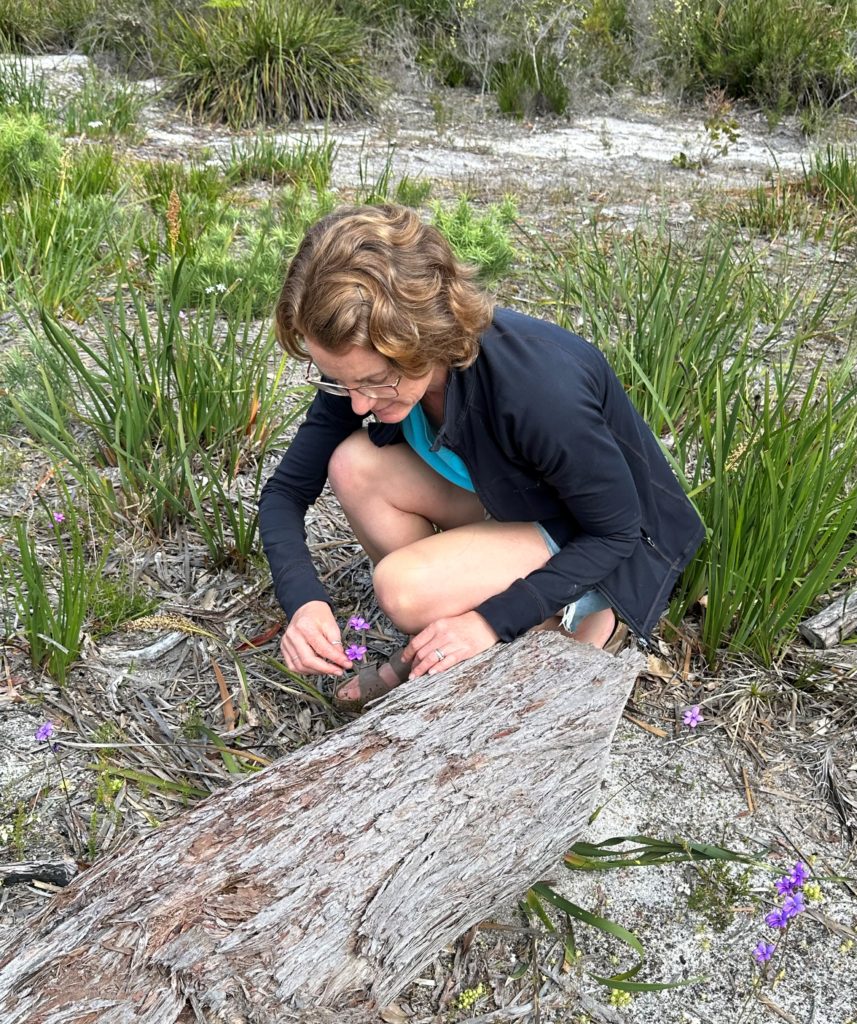
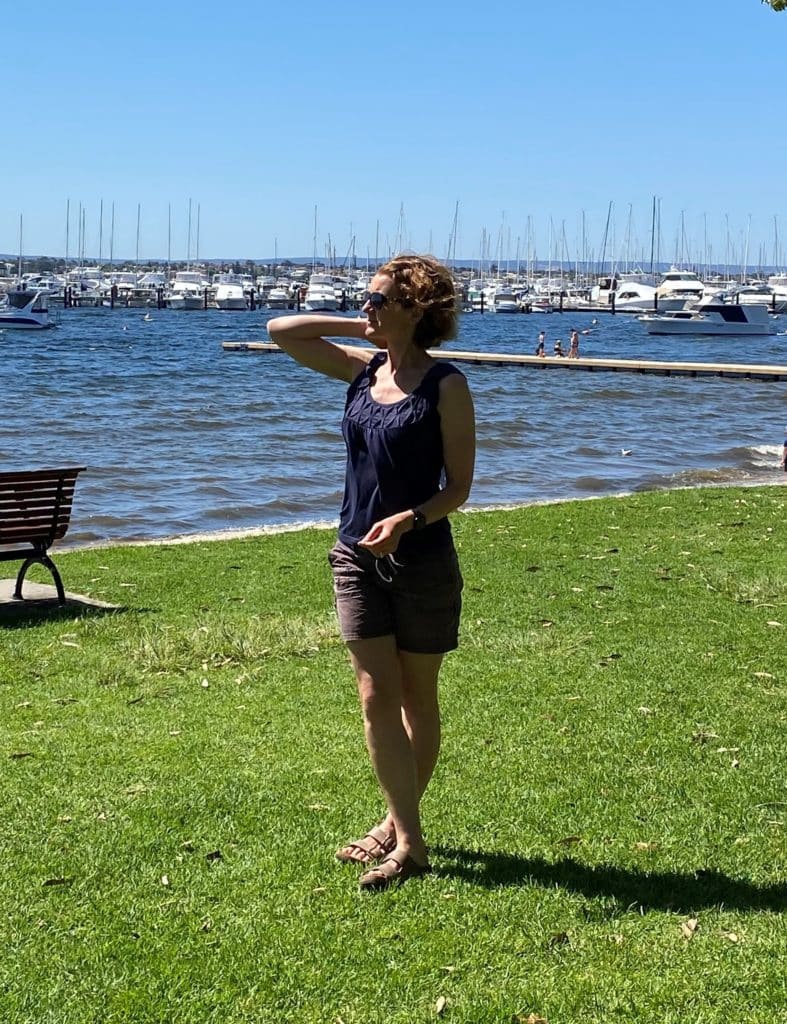
- Town or countryside?
Countryside.
- Summer or winter?
Can I have Spring? With a hint of the summer to come…
- Early bird or night owl?
Definitely early bird.
- Outdoor or indoors?
Outdoors.
- Plants or animals?
I once would have said animals without hesitation but now I’m not sure. Orchids and the whole fungi taxa are both pretty amazing.
- What species is closest to your heart and why?
This is a tricky one as I now live in the SW of Australia and so my allegiance has shifted slightly! If I had to choose a UK species, then it would be the hedgehog because I remember finding one in my garden when I was really small and being fascinated by it and its ability to roll into a protective ball.
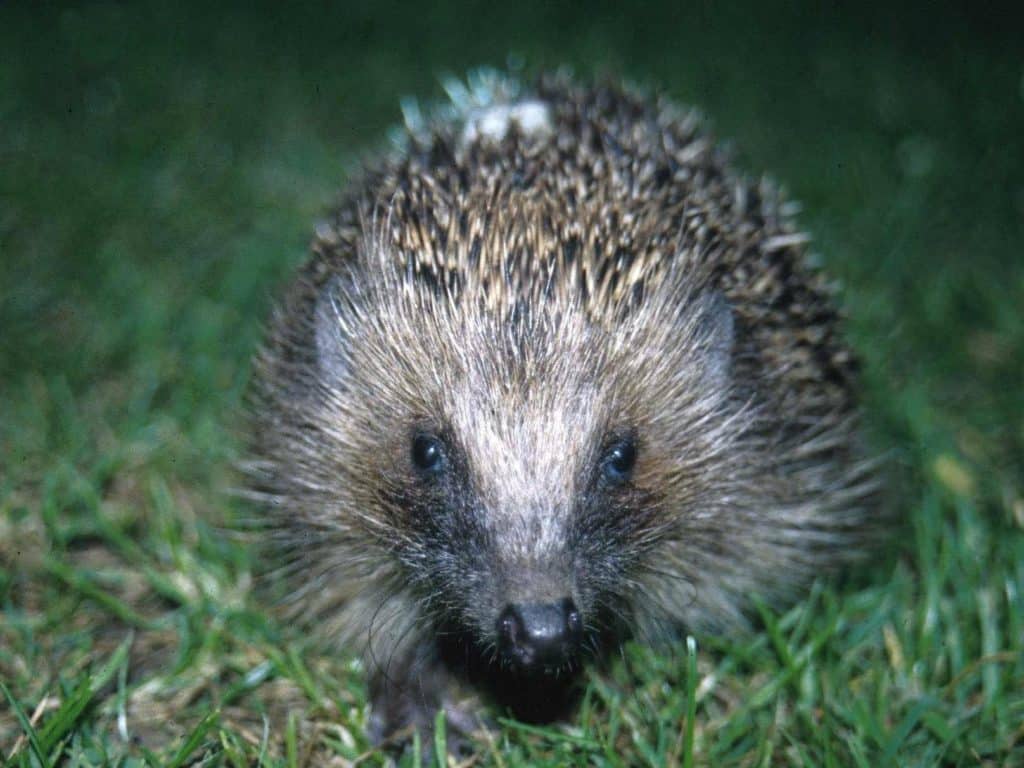
More locally (for me) I would choose the quenda, a nocturnal marsupial that shows its presence through ankle breaking holes left dotted around. It forages for roots and grubs and is really important for its role in recycling leaf litter and nutrients back into the soil.
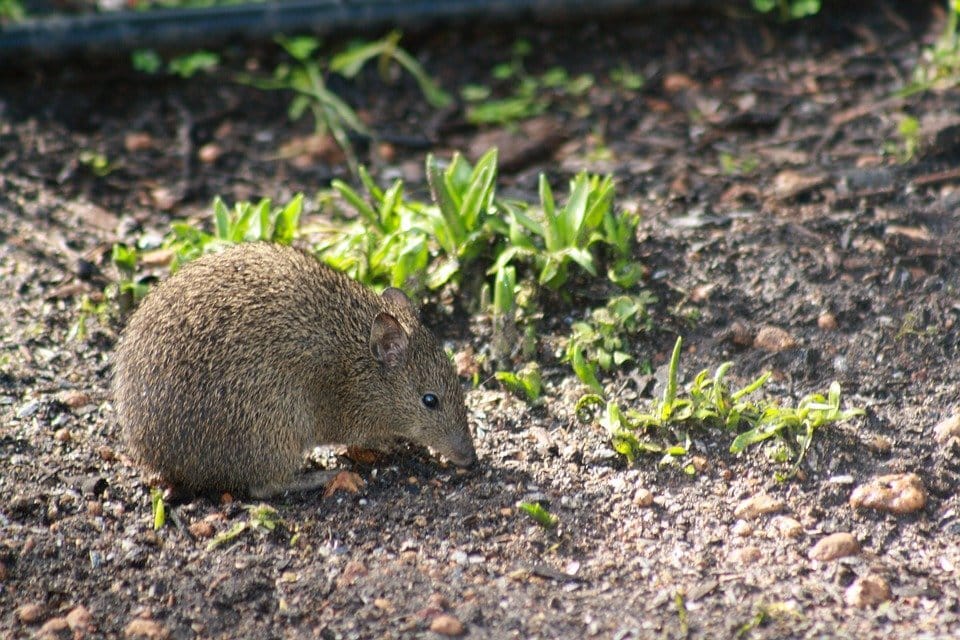
- What is your favourite Greater London open space and why?
I would probably have to choose Wimbledon Common because I lived in Wimbledon when I first moved to London and used to go running through the common. It was my escape from the city.
- What has been your most formative experience working with the natural environment? And what did you learn then that you keep with you today?
I remember the sense of freedom and awe that being in greenspace gave me growing up. I loved being outside and heading off down new unexplored tracks and pathways. I felt privileged to have that access and intuitively understood the benefit that nature had on me. I still have that sense of awe, now coupled with a desire to understand the natural world – what is there, how does it interact, what conditions are needed for survival and importantly, how can we help nature not just to survive but thrive?
- How long have you worked for GiGL and how has your role changed in that time?
Do I have to say? I think I’ve notched up 20 years! I started as a volunteer whilst completing my master’s degree and went from that to paid employment. I have been involved in all aspects of GiGL work over the years and seen how GiGL has grown in scope, capacity and expertise. The team we have now are amazing and we are able to work in a way which just wasn’t possible even 5 years ago. The depth of knowledge and skill at GiGL makes me really proud to be part of that team.
- What is your most enjoyable GiGL task and why?
It’s a small thing but I actually really love engaging with new recorders. Providing help, information, and encouragement, knowing that an engagement with nature is the first step on a lifelong journey. It’s especially fantastic when these new recorders then send through their records which I can add to the species database. We can provide bespoke and standard data search reports to the community for free, resulting in these records going full circle back to the data provider. You can find out more about these reports here.
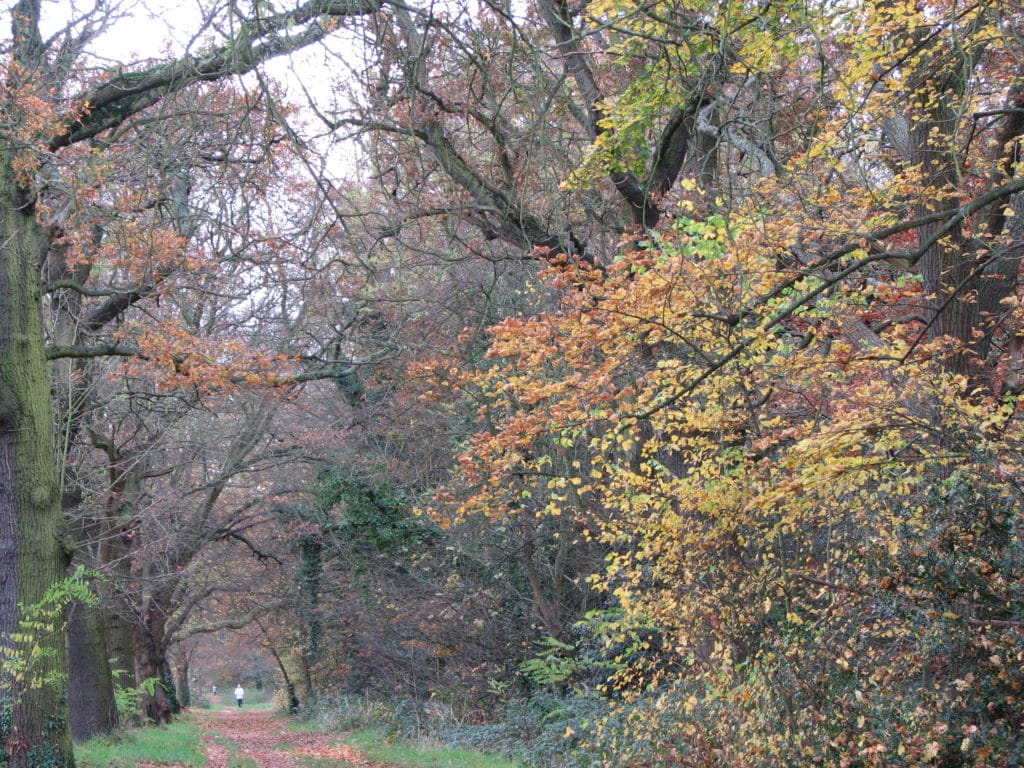
- What are the greatest differences in the challenges now facing London’s biodiversity, compared with when you joined GiGL? How can GiGL help?
I think there have always been pressures on biodiversity in London, just like any big city. What has increased the challenge is the impact a changing climate has on the natural balance. Nature is amazing at adapting to survive in an urban environment, but the additional pressures caused by climate change mean that the capacity to adapt is reduced. That said, I’m still optimistic that we can make a difference on a local level. There is an increasingly engaged community out there, full of people who are determined to help protect their local areas. Knowledge is power and we are seeing an increasing number of requests from community groups and individuals to access the information that we hold at GiGL and a desire to get answers on ways they can help.
- London has a lot to offer someone looking to learn more about wildlife and open spaces. What one thing would you advise people to explore?
I would tell people to get out and look at their local spaces, no matter how small. Even a roadside verge can hide treasures and there are so many organisations and groups which can help the beginner nature lover to better understand what they are seeing.
